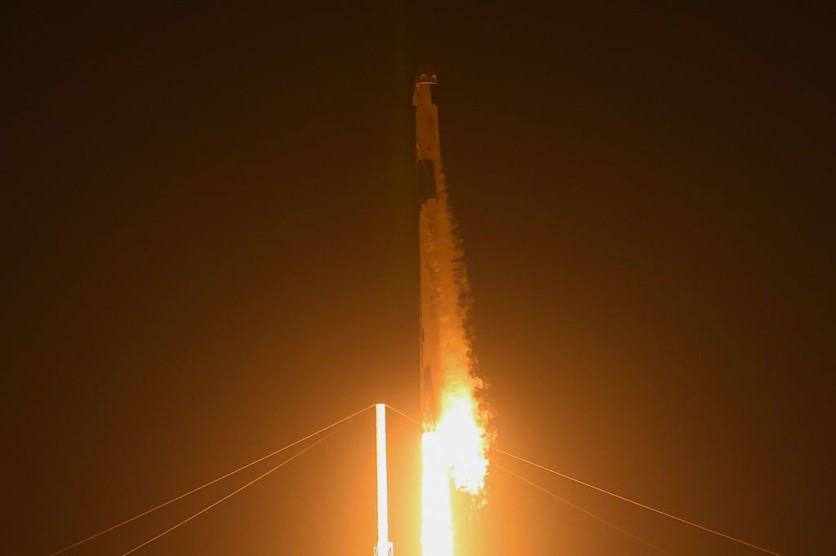SpaceX's Dragon cargo ship will deliver cardiac tissue chips to the International Space Station (ISS), as reported by Interesting Engineering. It is expected that the cargo spacecraft will autonomously dock with the ISS on March 16th at 7:52 am EDT.

Experiments on the ISS National Lab
The heart tissue chips will be used in two studies: the cardinal heart 2.0 and engineered heart tissues-2. These studies aim to address health complications caused by microgravity.
The Cardinal heart 2.0 test is a follow-up to the first, which demonstrated the four weeks of microgravity exposure affected cell function and gene expression in the heart.
NASA uses heart organdies via 3D structures that will test the efficacy of clinically-approved drugs on heart issues due to prolonged stay in the microgravity environment.
On the other hand, the engineered heart tissues study will monitor how the heart muscle functions in microgravity through 3D cultured cardiac muscle tissue.
The experiment is based on cardiomyocytes, which are the heart muscle that is responsible for contraction. It uses a magnet synced with muscle cell contraction. The equipped sensors monitor the muscle contractions in real time as the magnet moves. With this, scientists will be able to better study cardiac function in microgravity.
How This Can Help Develop Better Drugs
Based on scientific evidence, the human heart can shrink under the influence of microgravity. The reason behind this is due to th weightlessness that changes the heart structure, which is dangerous for astronauts.
NASA's research that uses 3D cultures showed changes at cellular and tissue levels of the heart. Knowing this can help with early diagnosis of the development of cardiac disease.
The 3D models can help improve medical research, which will make it easier to test drugs to solve heart issues related to microgravity. Also, the ISS studies can help address heart-related issues on Earth.
The 3D model can help scientists and doctors understand how different drugs interact with the heart. The 3D model can also help provide insights into how the heart responds to different treatments. This can be used to develop better drugs for treating heart conditions. Additionally, the 3D model can also be used to predict how the heart will react to certain drugs, which can help reduce adverse side effects.
The ISS studies can also help scientists understand how the heart responds to different environments and activities. For example, they can study how the heart reacts when astronauts are exposed to radiation or extreme temperatures in space. This research could then be applied on Earth to better understand what happens when people are exposed to similar environments here on our planet.
Related article: SpaceX Cargo Dragon Brings Back Components of Spacesuit That Delayed an ISS Spacewalk

ⓒ 2026 TECHTIMES.com All rights reserved. Do not reproduce without permission.




